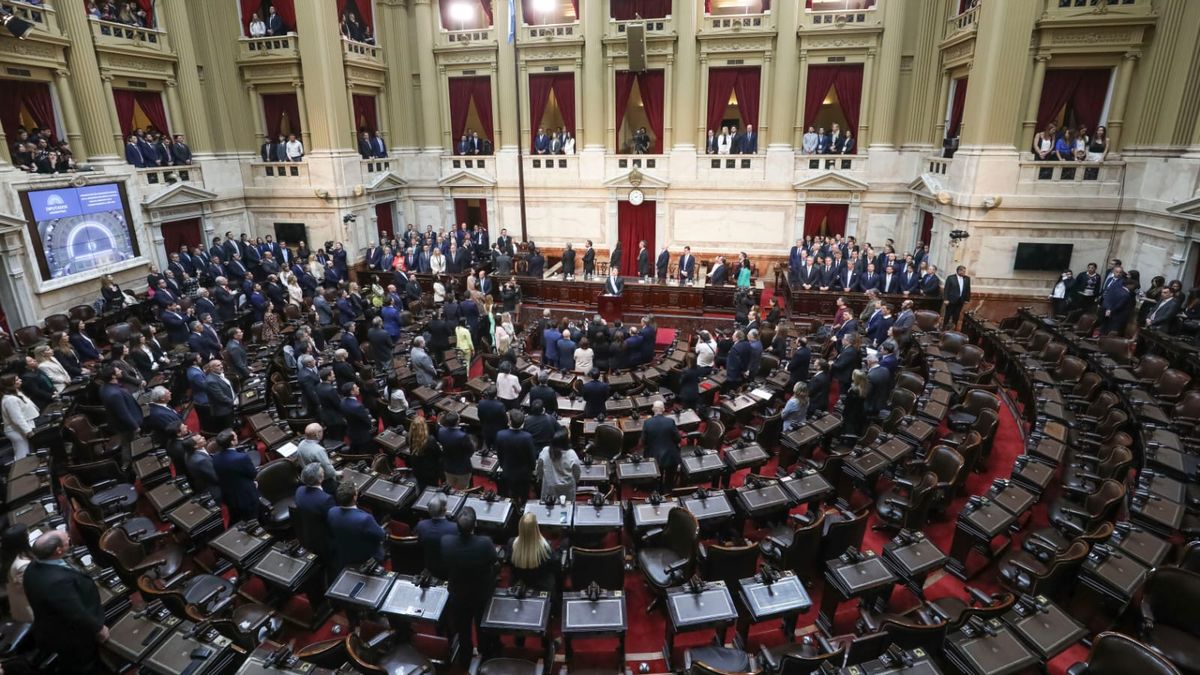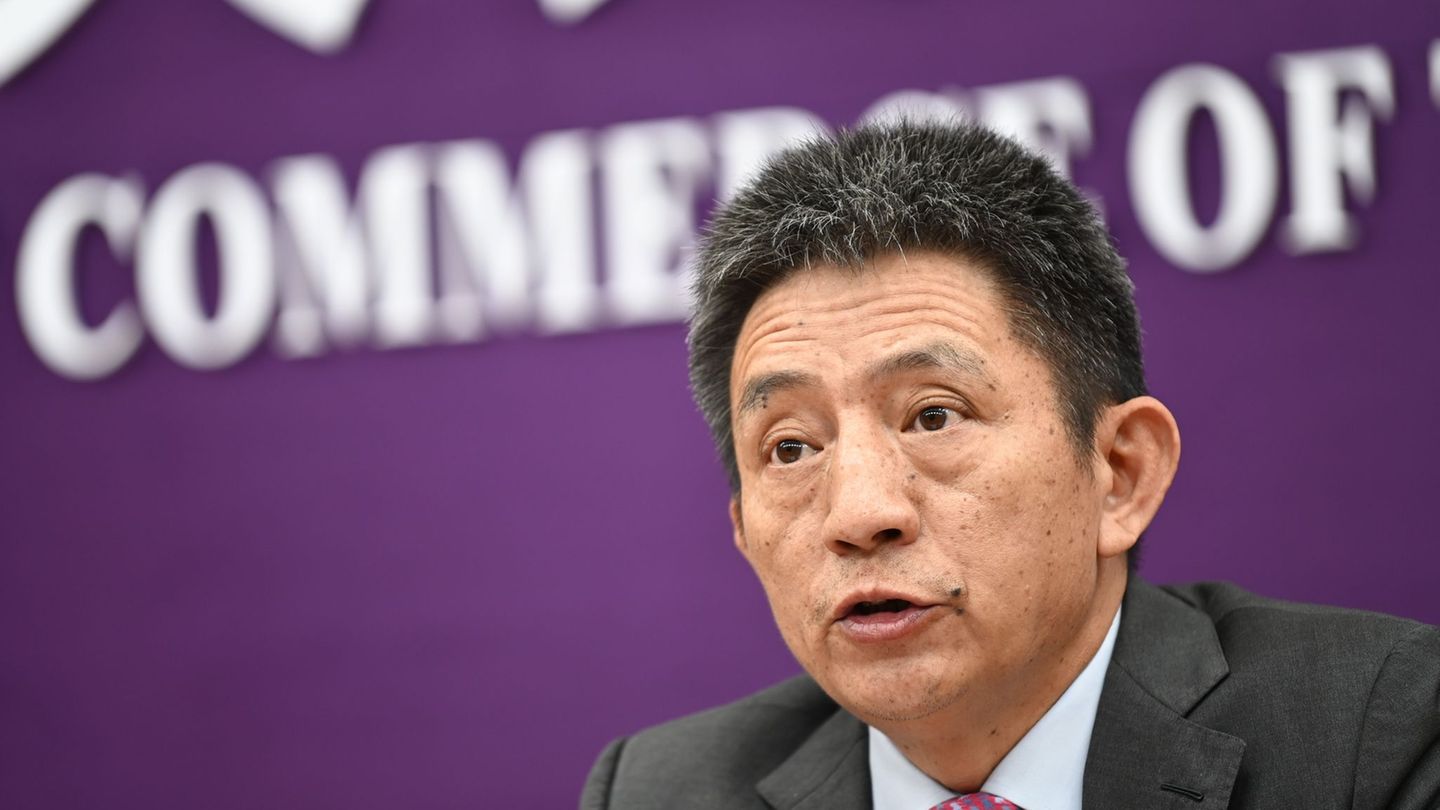Milei attended the National Congress last Sunday to present the project. As confirmed by the president through his social networks, The presentation focused mainly on the “zero deficit” rule..
The Minister of Economy Luis Caputo Two months ago he sent an advance of the project, which was already accessed by deputies and senators, where he raised the main axes of the Budget 2025.
Javier Milei President of the Argentine Nation
Mariano Fuchila
Budget 2025: the path that the bill must take to become law
This is the complete path of the project Budget 2025:
Formulation: It is the stage of budget preparationwhich consists of a programming process based on the policies and objectives included in the government plan.
Through a complex regulatory system, preliminary drafts are formulated by jurisdictions and entities, based on the budgetary “ceilings” requested by each jurisdiction or entity, rules that impose new budgetary allocations, strategic plans, preliminary budget, jurisdictional policies, etc., whose The final result is the bill which is submitted before September 15 of the year prior to the fiscal year to be carried out.
Approval: Once the project is entered into the Chamber of Deputies (Chamber of origin), the approval stage begins.
Although the National Constitution only contemplates the elevation by the Chief of the Cabinet of Ministers of the Nation, in recent times it has been implemented as a sort of parliamentary custom, to receive the Minister of Economy on duty who, in a meeting of the Budget and Finance Commission of an informative nature and without debate, makes the presentation of the budget.
This year, For the first time, the President of the Nation himself will be in charge of presenting the project.
Once submitted, by regulatory provision, The project is referred only to the Budget and Finance CommitteeHowever, other committees are usually invited when officials from various areas are present and are related to the topic of interest and competence of those committees.
Due to the complexity and importance of the project itself, requests for reform or modification of the project, independently of the debates that may take place, are usually requested in writing, by means of notes submitted to the Presidency of the Commission.
Once the respective opinion has been issued and for reasons of procedural economy, only the articles and attached forms that were modified during the discussion in the Committee are published in the agenda.
Subsequently It is dealt with in the session hall in the same way as the rest of the bills.
If approved, the law comes into force and moves on to the execution and control stages. If the project is rejected, Article 27 of Law 24,756 provides that, if at the beginning of the year the Government does not have an approved budget, the one in force will apply, but with some adjustments.
Execution: Once promulgated and converted into law, by administrative decision of the Chief of Staff, the Distribution of expenditures (by programs and items) and resources (by headings) of the budgetmaking it operational (also known as “distributive”).
The state of implementation is reported quarterly to the National Congress and can usually be known and consulted at a high level of disaggregation through reports that are periodically updated by the Ministry of Economy.
Control: External control is carried out by Congress through the analysis of the so-called Investment Account, which consists of the accountability of the Executive Branch to the Legislative Branch for control through the accounts of the fulfillment of the functions of the State in relation to the budget.
In addition, There is internal control by the administration itself, whether in budgetary, economic, financial, patrimonial, regulatory and management aspects, which is carried out by SIGEN (General Audit Office of the Nation) and by the various Internal Audit Units (UAI) of each jurisdiction.
Source: Ambito
I am a 24-year-old writer and journalist who has been working in the news industry for the past two years. I write primarily about market news, so if you’re looking for insights into what’s going on in the stock market or economic indicators, you’ve come to the right place. I also dabble in writing articles on lifestyle trends and pop culture news.




